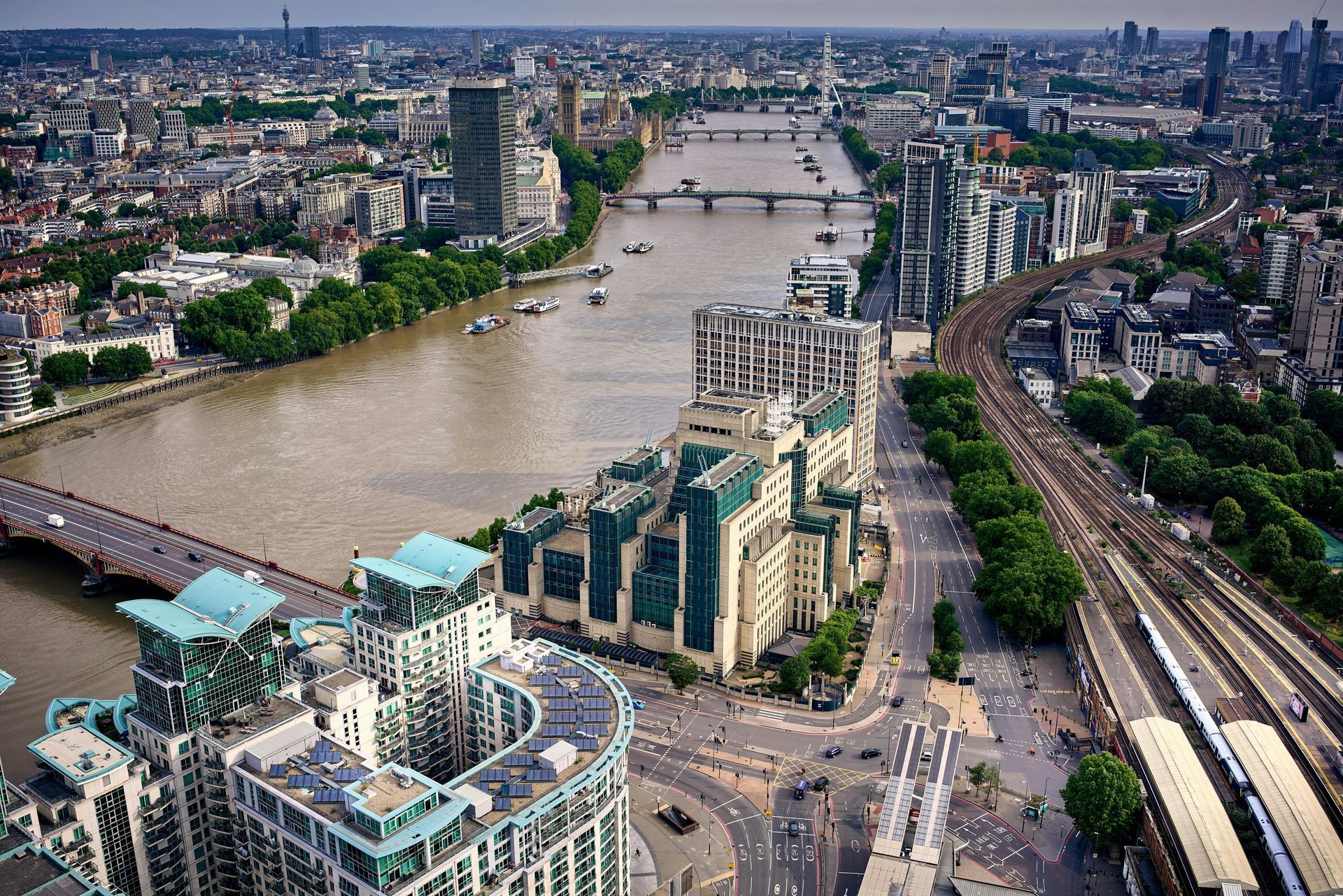The Golden Geese are heading south, east & west

The Golden Goose is heading south, east, west…
Over the years, there has been a lot of talk of Golden Geese and beware the results if you do not cosset them. Hong Kong at the handover springs to mind, waste of oil wealth and specific to the UK the treatment of non UK domiciles and now millionaires in general.
There is an assumption by most political parties that taxation is not the main trigger for the wealthy people seeking to leave the UK. One of the rationales for this thinking was expressed in a London School Economics International Inequalities Institute’s paper earlier this year.
The LSE’s paper argued that tax was not behind why wealthy persons might be leaving UK. That in fact, they would be prepared to suffer the tax rather than move to a “culturally barren” tax haven.
Basically, the research was saying that millionaires would not move whatever the tax rates as the UK has better theatres.
How did LSE come to the conclusion that millionaires will not be departing the UK in droves if there are tax increases.
They interviewed focussed on the top 1% of income or wealth and from that segment, they interviewed 35 people. This seems to ignore the plethora of wealthy people below this threshold who might also have a view on remaining in the UK if the tax environment changed for the worse.
The reasons highlighted in the report for not moving were that other factors, such as family, social and reputation, outweighed the tax factor when it came to making a decision to leave the UK’s shores.
In otherwords, changing the tax regime will not mean a sudden exodus of the wealthy from the UK.
This conclusion has been regularly countered by those in the tax industry but was deemed as scare mongering.
There is now research recently published by one of leading experts in immigration, that there is a major hole in the argument that millionaires are not leaving the en masse.
The research undertaken shows that 9,500 millionaires will leave the UK by the end of 2024. That makes the UK number two in the loss of millionaire charts, one behind China.
From the research it is not exactly clear why millionaires are leaving, they may be myriad. One can take a conclusion that the threatening of the non domicile regime and potential tax hikes has increased number of wealthy people leaving the UK.
So where are they all going? It is not surprising that the wealthy are moving to countries with formal investment programmes so that the rich immigrants know how they will be treated for tax.
One of the primary beneficiaries of inward migration is the UAE. The UAE is seen as wealth friendly with well known and well administered immigration schemes. This means by the end of 2024, the UAE will received 6,700 migrants.
An article in the Guardian by Nels Abbey entitled “Britain’s millionaires fleeing. Good night and good luck” seems to underline a certain sentiment that Britain will be better off without the wealthy whom are invariably the wealth creators.
But is this tax them and be damned approach a good one? By comparison to the 600,000 plus millionaires in the UK, this loss is not much. Unfortunately it’s a growing trend and a worrying one.
Articles like the one in the Guardian, ignore the fact that the top 1% pay 30% of the taxes. Add to this fact that 50% of persons of working age receive more benefits than they pay in tax. It is vital, especially if you take into account our aging population, that the tax base is not eroded.
You can think what you like and come up with a multitude of reasons to dislike the wealthy but if you want to pay for things like roads, hospitals, education, you need their taxes and the data quite clearly says the wealthy pay the most.
The data shows that the wealthy are leaving the UK for jurisdictions with more attractive tax regimes. And also, the likes of Dubai have a lot more to offer in addition to its tax regime so the wealthy will not be deprived of social and cultural opportunities.
It is also not because of recent pronouncements on the non domicile regime and it being an election year, the UK has lost 8% of millionaires since 2013. This is a trend and the issue of taxation cannot be ignored.
The countering of the findings of the LSE report versus the data showing the upward trend in millionaires leaving the UK, does means policymakers need to consider tax policies that mean the wealthy see no need to move abroad whilst contributing to Government coffers. Otherwise the golden goose might just fly south for good.


